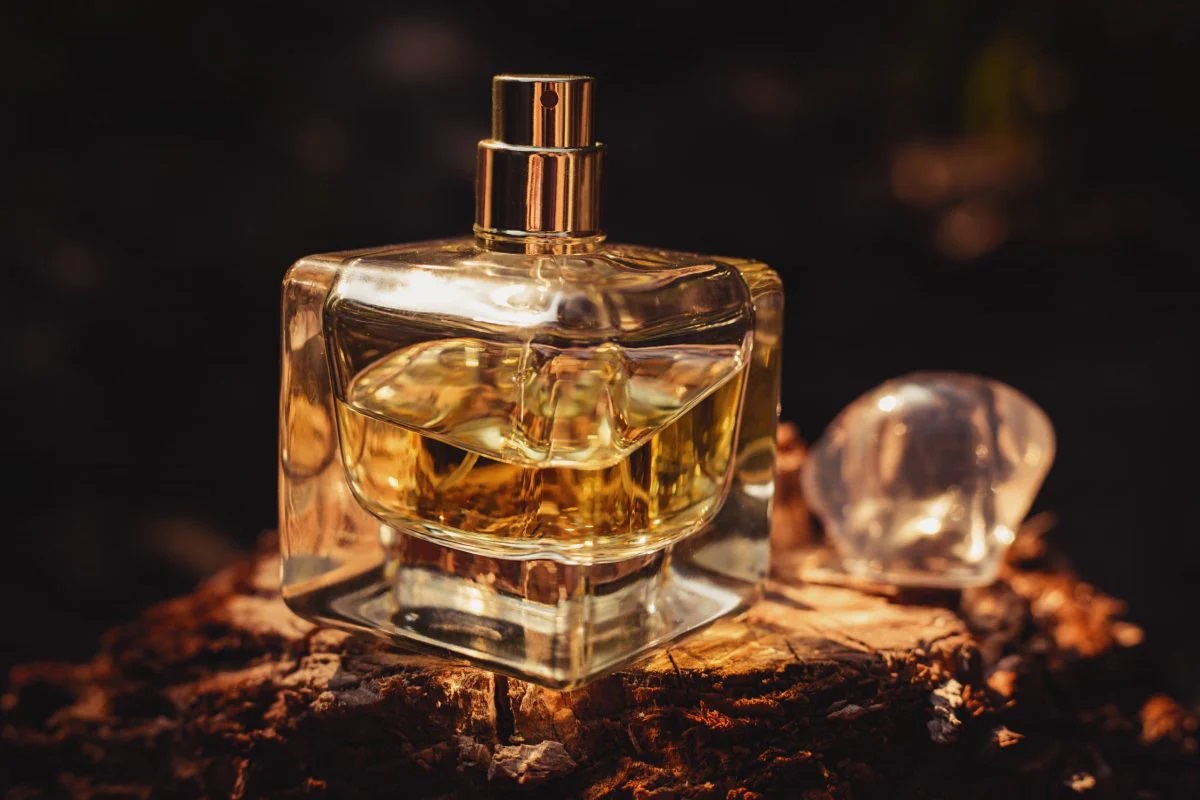Secrets of Luxury Perfumes: Unveiling the Mystique Behind Grey Amber and the Endangered Grey Amber Whales

Watan-In an interview with PopSugar, perfume maker and owner of the Chemin brand, November Nichols, revealed a strange ingredient found in the composition of expensive perfumes.
According to Nichols, expensive perfumes often contain “grey amber,” a highly valued substance known for its unique scent and stable properties.
Whale Vomit or Grey Amber
Grey amber, also known as whale vomit, is an expensive component usually found only in specialized formulations of luxury perfumes. November Nichols explains how grey amber is harvested and suggests alternatives to consider when buying perfumes.
He mentions that grey amber, or whale vomit, is produced by whales to protect their intestines from sharp objects. Over time, it is expelled naturally from the ambergris whale’s body and can be found floating in the sea or washed ashore by waves.
Nichols adds that this substance enhances the impact and intensity of fragrances, emphasizing that the collection of grey amber is done without direct contact with the animal or causing harm.
Grey Amber Whales are Threatened with Extinction
It’s worth noting that natural cosmetics contain at least 50% plant-based ingredients, with a minimum of 5% sourced from certified farms or agricultural institutions. The remaining percentage includes allowed synthetic ingredients. Cosmetic manufacturers can certify the nature of their ingredients by obtaining an environmental certificate.
Furthermore, products of animal origin are allowed in cosmetics, even without an environmental certificate. However, in the case of organic cosmetics, no ingredients of animal origin are permitted.
Grey amber whales are endangered, and the harvesting of ambergris has been classified as a harmful practice since 1970 under the Endangered Species Act, according to the National Oceanic and Atmospheric Administration. This classification was mainly due to whaling, where whales were hunted for usable products such as meat and blubber.
While this practice is no longer as common as in the past, the populations of pilot whales are still recovering from whaling. Therefore, most countries have made this practice illegal, with some regions going as far as prohibiting the possession and trade of grey amber to prevent the unintentional harm to whale populations from the use of by-products.




